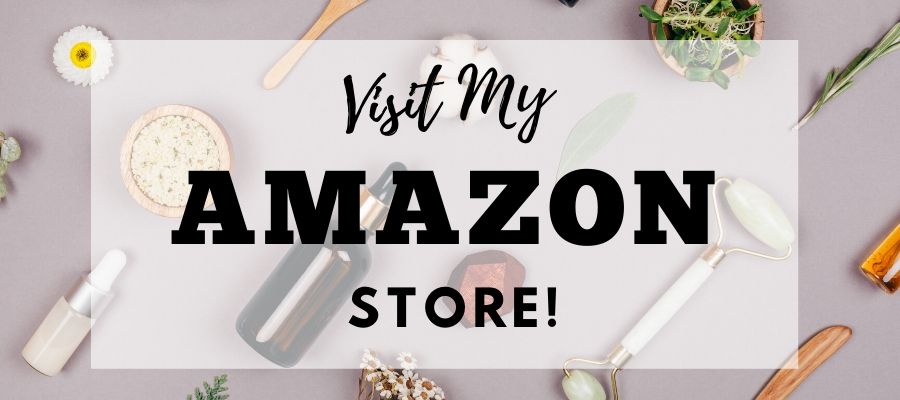Essential oils are highly concentrated plant extracts that are obtained by distillation or mechanical methods, such as cold pressing, from the leaves, stems, flowers, roots, or other parts of various plants. They contain the natural fragrance and therapeutic properties of the plant and are often used in aromatherapy, personal care products, and alternative medicine practices.
Essential oils are typically used in small amounts, either by inhalation or topical application, and should be used with caution, as they are highly concentrated and potent. Some commonly used essential oils include lavender, peppermint, eucalyptus, tea tree, and lemon.
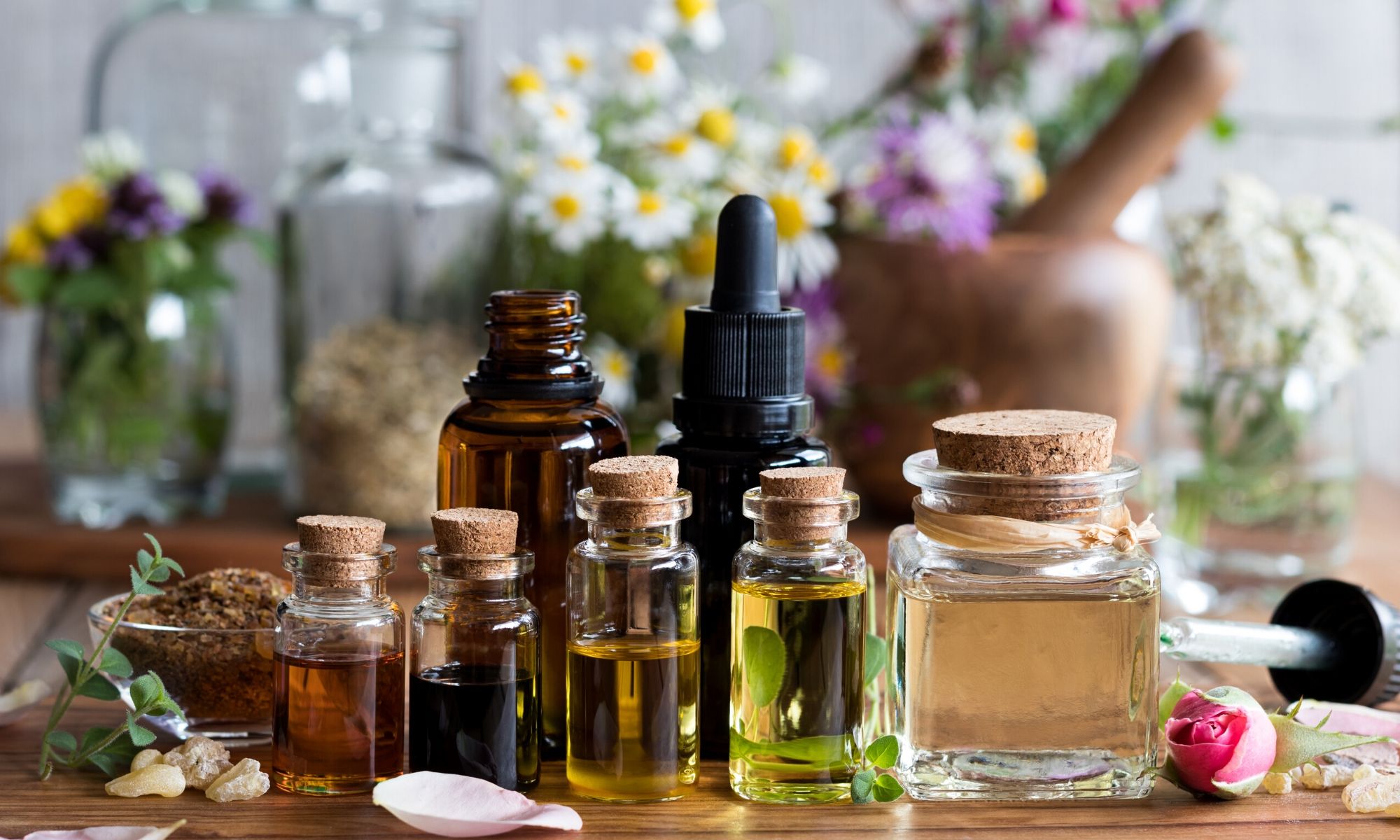
This post contains affiliate links. Read my disclosure statement here.
Being a teacher, I diffused oils all the time in my classroom so I wanted to take the opportunity to teach others about how we can use nature’s best gifts to help us live a healthier and overall, happier life. If you want to know everything about essential oils, start here then continue by click on a related post at the bottom!
So What Are Essential Oils?
Essential oils have been used for centuries, however I feel now more than ever, people are looking for alternative ways to support their health and wellness naturally. Essential oils have earned a spotlight for good reason. In this article, I will explain what they are, what benefits they offer, and how to properly use them.
Essential oils are concentrated hydrophobic liquids extracted from plants that can be used to help support your health and well-being. I will be careful not to say the words “cure or heal” because they are not considered a drug and only drugs can “cure” diseases.
Instead, essential oils are highly potent chemical compounds that have been around for centuries that can support our overall health and well-being. Read about the history of aromatherapy. They are claimed to have therapeutic properties and have the ability to support our immune system in ways nothing else can. Because essential oils contain such potent, powerful chemicals, they have the potential to do some amazing things.
Essential oils are also known as volatile oils or ethereal oils and are extracted by using distillation or steam amongst other methods.
Oils like these are essential because they contain the “essence”, or in this case, the flavor and scent, of a plant. They are extremely fragrant and very concentrated.
What are the 7 essential oils?
Although there are MANY different types of essential oils, these seven essential oils are the most common oils people use today.
- Lavender: known for its calming and soothing properties, it can help promote relaxation and reduce stress.
- Peppermint: known for its energizing and invigorating properties, it can help improve focus and mental clarity.
- Eucalyptus: known for its respiratory benefits, it can help clear the sinuses and promote healthy breathing.
- Tea Tree: known for its antimicrobial properties, it can help purify the air and reduce the presence of harmful bacteria.
- Lemon: known for its refreshing and uplifting properties, it can help improve mood and promote a sense of cleanliness.
- Frankincense: known for its grounding and balancing properties, it can help promote relaxation and reduce stress.
- Rosemary: known for its stimulating properties, it can help improve focus and mental clarity.
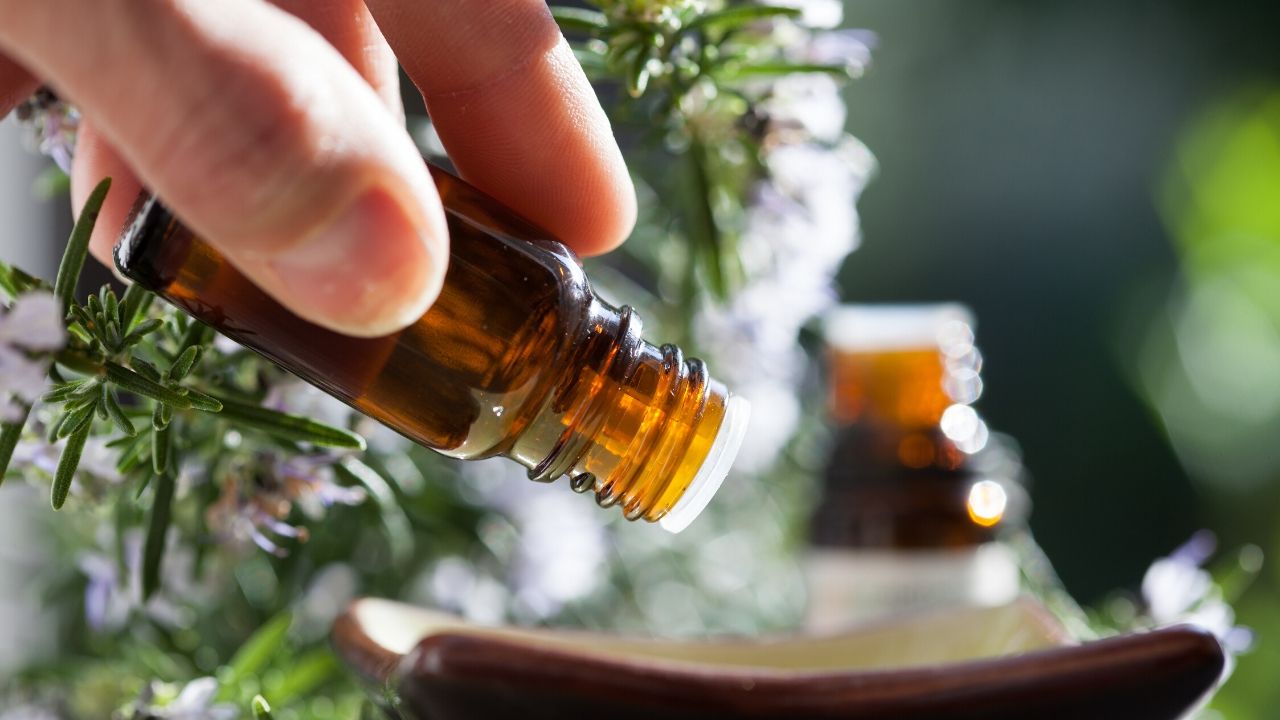
Where do essential oils come from?
Essential oils are extracted from roots, barks, rinds, buds, fruit and leaves. The most common oils are lavender, lemon, peppermint, rosemary, rose and frankincense amongst others. Aromatic compounds are most commonly extracted by a distillation process. The more organic the plant, the better quality the oil.
How Do Essential Oils Work?
Essential oils can be inhaled, ingested, or used topically. When inhaled, the oil’s molecules are absorbed into our nostrils and through our smell receptors, or your olfactory system. I am not going to get too in depth here but the important thing to know is that these molecules affect our limbic system. This is what controls our emotions, memories and also our behavioral and emotional responses. It is what tells us to fight, or flight!
Oils can also be absorbed through our skin. When these oils enter our body, they have the ability to help us in ways medication cannot.
What are essential oils used for?
Essential oils are used for a wide range of purposes, including:
- Aromatherapy: essential oils are often used in aromatherapy to promote relaxation, reduce stress, and improve mood.
- Personal care products: essential oils are commonly used in skincare and haircare products for their fragrance and therapeutic benefits.
- Cleaning: essential oils can be added to homemade cleaning products as a natural alternative to harsh chemicals.
- Pain relief: some essential oils, such as peppermint and eucalyptus, are known for their pain-relieving properties and are often used in massage oils or as a topical application.
- Respiratory health: essential oils like eucalyptus and tea tree can help clear the sinuses and promote healthy breathing.
- Insect repellent: some essential oils, such as citronella and lemongrass, are known for their insect-repelling properties and can be used in natural insect repellents.
- Meditation and spiritual practices: essential oils are commonly used in meditation and other spiritual practices for their grounding and calming properties.
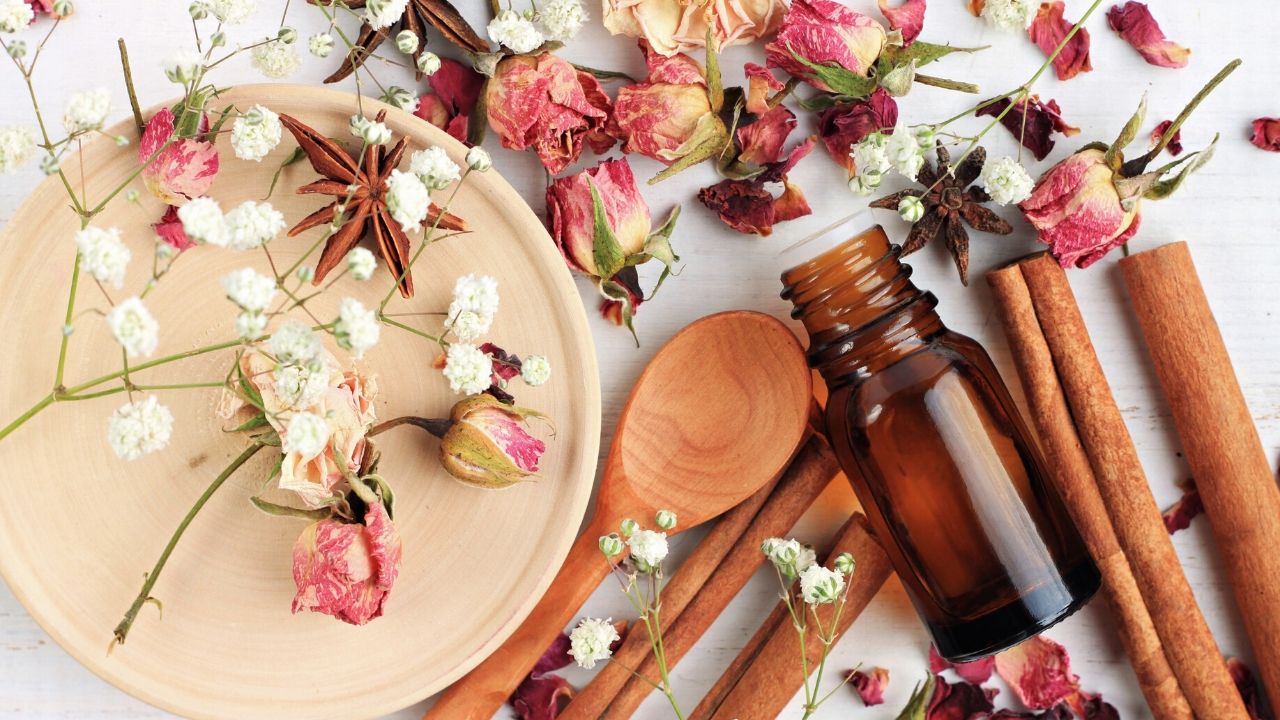
“You can find the structures of the limbic system buried deep within the brain, underneath the cerebral cortex and above the brainstem. The thalamus, hypothalamus (production of important hormones and regulation of thirst, hunger, mood etc) and basal ganglia (reward processing, habit formation, movement and learning) are also involved in the actions of the limbic system.”
-Queensland brain institute
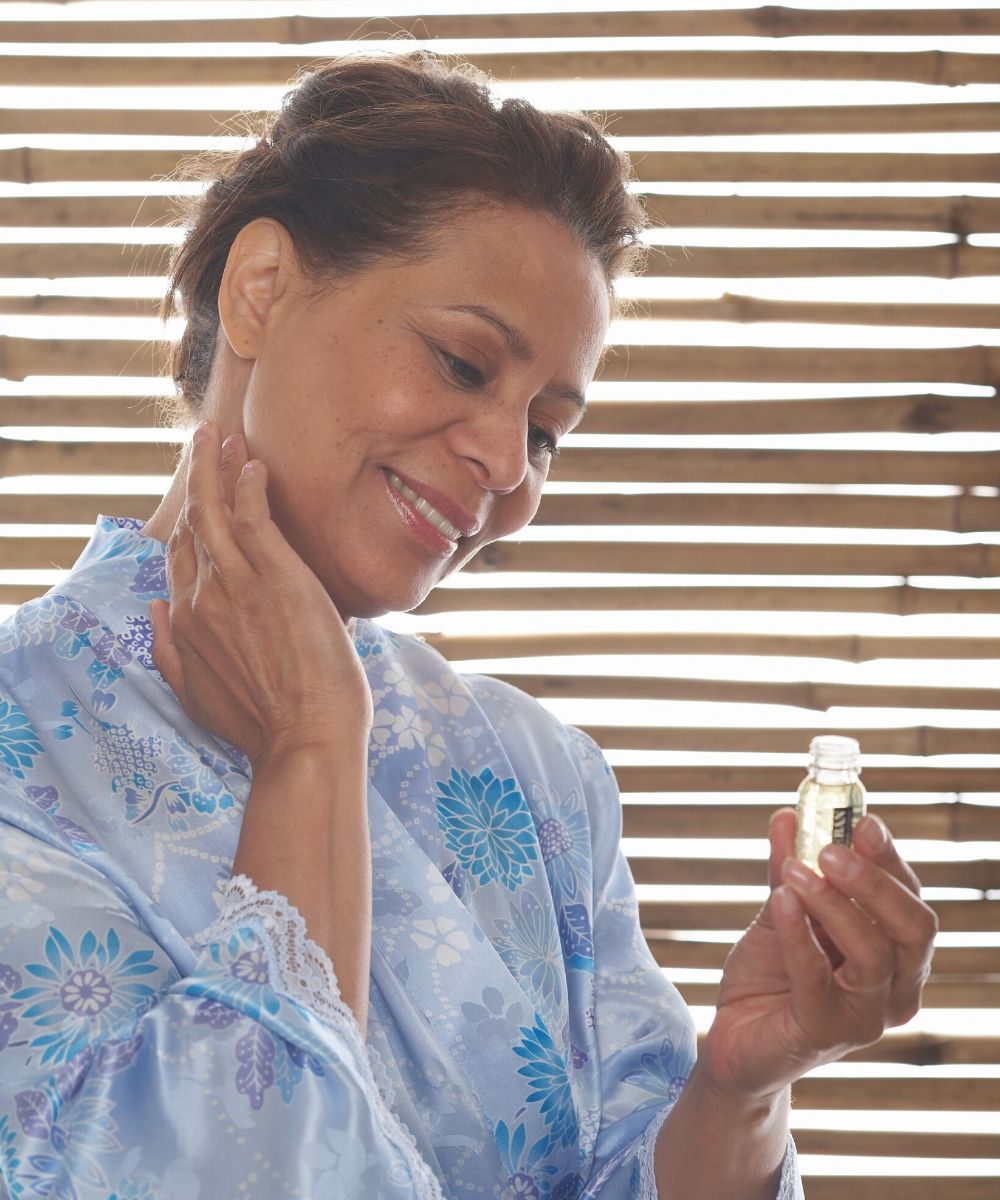
How To Use Essential Oils
Using essential oils does not need to be complicated. You can choose the method that works best for you and your lifestyle. The most popular ways are through diffusers. All you need to do is apply a few drops of oil to the water in your diffuser and turn it on.
Another popular way is to use OTHER oils with your essential oils. These are called carrier oils. They help do two things. Dilute the highly concentrated oils while allowing you to spread the oil onto a larger surface area safely.
Carrier oils can be any oil that is natural and good for you. I like to use almond oil or coconut oil for this. You can also use olive oil if you want. Some people will add their essential oils to lotions as well. These are the easiest ways to apply essential oil.
I have an oil diffuser in my classroom and the students LOVE it. It immediately promotes a peaceful environment when they enter my room. Another way I like to use my essential oils are through the use of a special necklace that has an absorbent cloth inside that I can smell throughout the day.
Here are ways to use essential oils effectively:
- Inhaling– Diffusers are the most common and effective way to breathe these oils in. They are easy to use and the most safe since they allow us to dilute the oils in water before being inhaled. They become unsafe when there are little kids around and pets so make sure if you have either, you are using oils that are also safe for them!
- Use accessories– enclosed with a piece of absorbent cloth is also another way to infuse oils.
- Use an aroma stick– this is a stick that is saturated with oil and enclosed with a lid, kind of like chap stick.
- Topically– Many people will apply essential oils topically, meaning through the skin or to your face. You can do these a few ways. By using a carrier oil to help dilute the oil before applying. You can also add your essential oils directly to your bath water or onto a damp towel before applying to your skin.
- Use a carrier oil to create your own body oil recipes!
- Ingesting– It is important to know that not ALL essential oils can be ingested. Some oils are highly toxic and should NOT be ingested. However these oils are okay to ingest if done properly and in very small amounts. You can add a few drops to your water bottle but make sure to keep track of how much oil water you are consuming so you do not get sick.
Here are some of my FAVORITE Essential Oil Accessories.
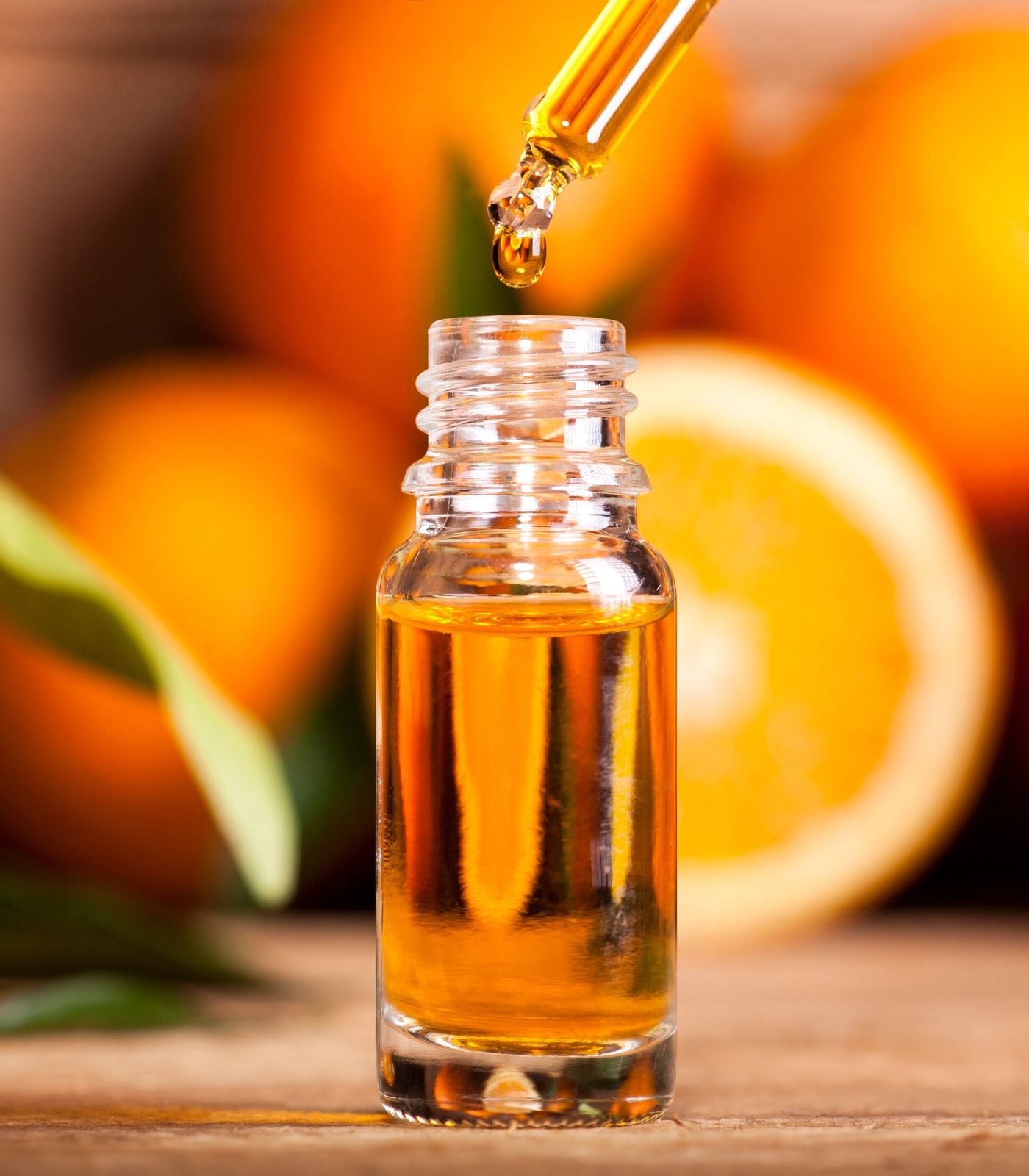
These essential oils are the safest to consume in small amounts:
- Lime
- Marjoram
- Myrrh
- Oregano
- Chamomile
- Tangerine
- Thyme
- Vetiver
What are the Health Benefits?
Alternative medicines have increased over the years and I think it is wonderful. I am not a big fan of prescription medication unless I absolutely need to take it. I don’t even take Advil. Not only do I believe that medicines and drugs add more toxins to our body, but I also believe they also don’t heal us the way our body needs to be healed.
“Pure essential oils, with only the highest-quality carrier oils used to dilute them so they’re safe to apply to the skin.”
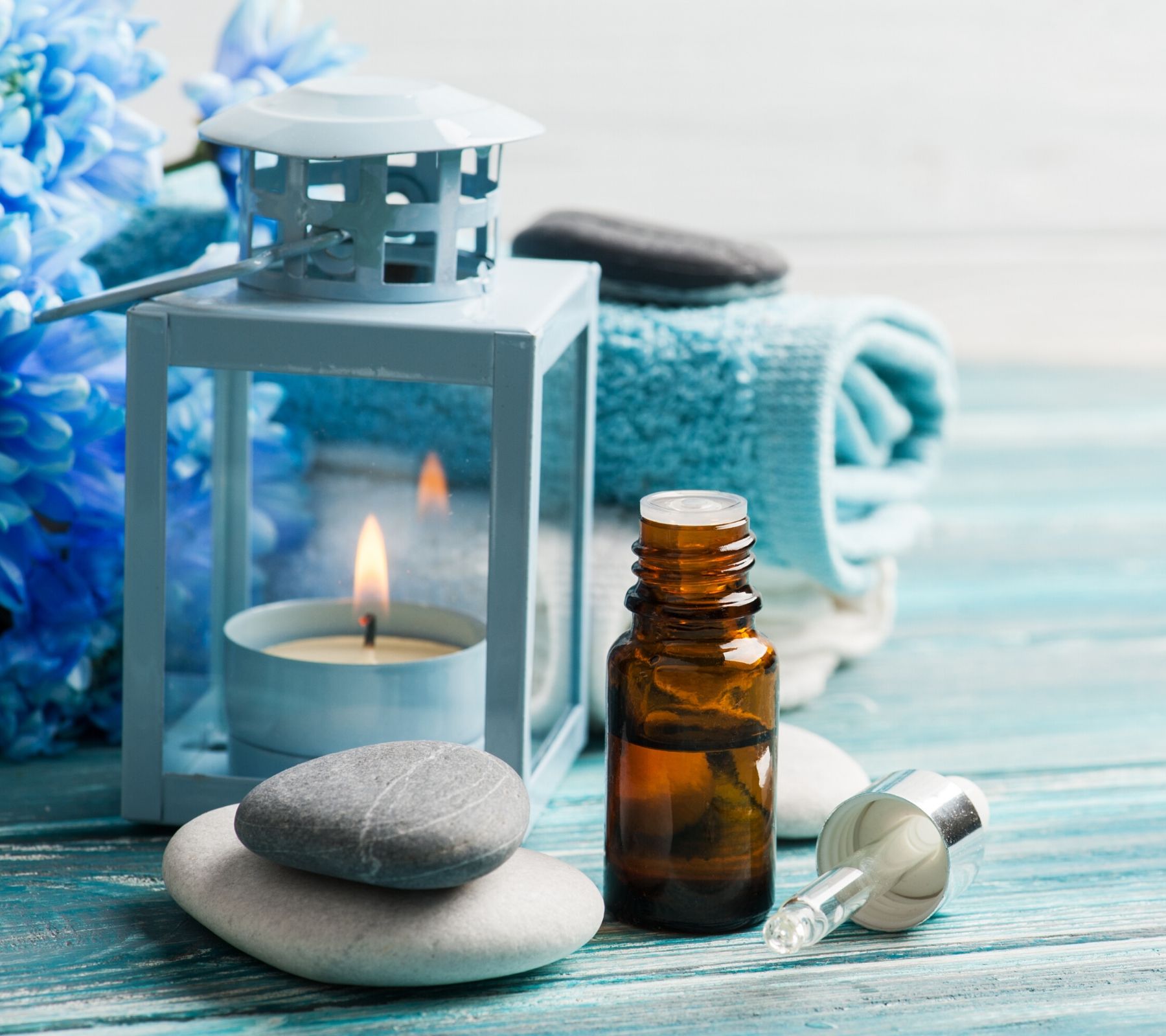
To get the full health benefits from your oils, you should use 100% pure, therapeutic-grade essential oils so you can get all of the benefits from the plant in its natural state. Plants that have been exposed to pesticides or chemicals will not produce the best version of itself and therefore, yield an oil that is not the best of the best.
Essential oils have the ability to help support your body so it can fight off whatever it causing it to be sick. In other words, they can help strengthen your immune system and remove toxins from your body. According to the US National Library of Medicine National Institutes of Health, a study found that plant-derived compounds seem to have good efficacy in preventive medicine and in promoting a natural and lifestyle.
With that said, it is important to make sure you do your research before buying oils. Therapeutic grade essential oils are not going to say so on the label since the FDA or other industry groups don’t govern or regulate the use of those terms. Just because an oil claims to be “100% pure” does not mean it is organic. It may still have additives or artificial substances mixed in. In addition to that, some oils are often diluted so you may not be getting the most bang for your buck.
Many essential oils have antioxidant properties. Did you know that essential oils have MUCH more antioxidants than blueberries and dark chocolate put together? Clove oil, for instance, contains as many antioxidants as 28 quarts of blueberries! That’s the kind of power essential oils have.
Many essential oils can help lessen stress and anxiety. In a study published in the Journal of Alternative and Complementary Medicine, they found that people exposed to lavender as opposed to a placebo oil, significantly performed better at the task provided. There are numerous studies that have proven these claims. This, itself, is something that makes using essential oils 100% worth it for me since we all know that stress is linked to illness.
“Studies have found many health problems related to stress. Stress seems to worsen or increase the risk of conditions like obesity, heart disease, Alzheimer’s disease, diabetes, depression, gastrointestinal problems, and asthma.”
WebMD
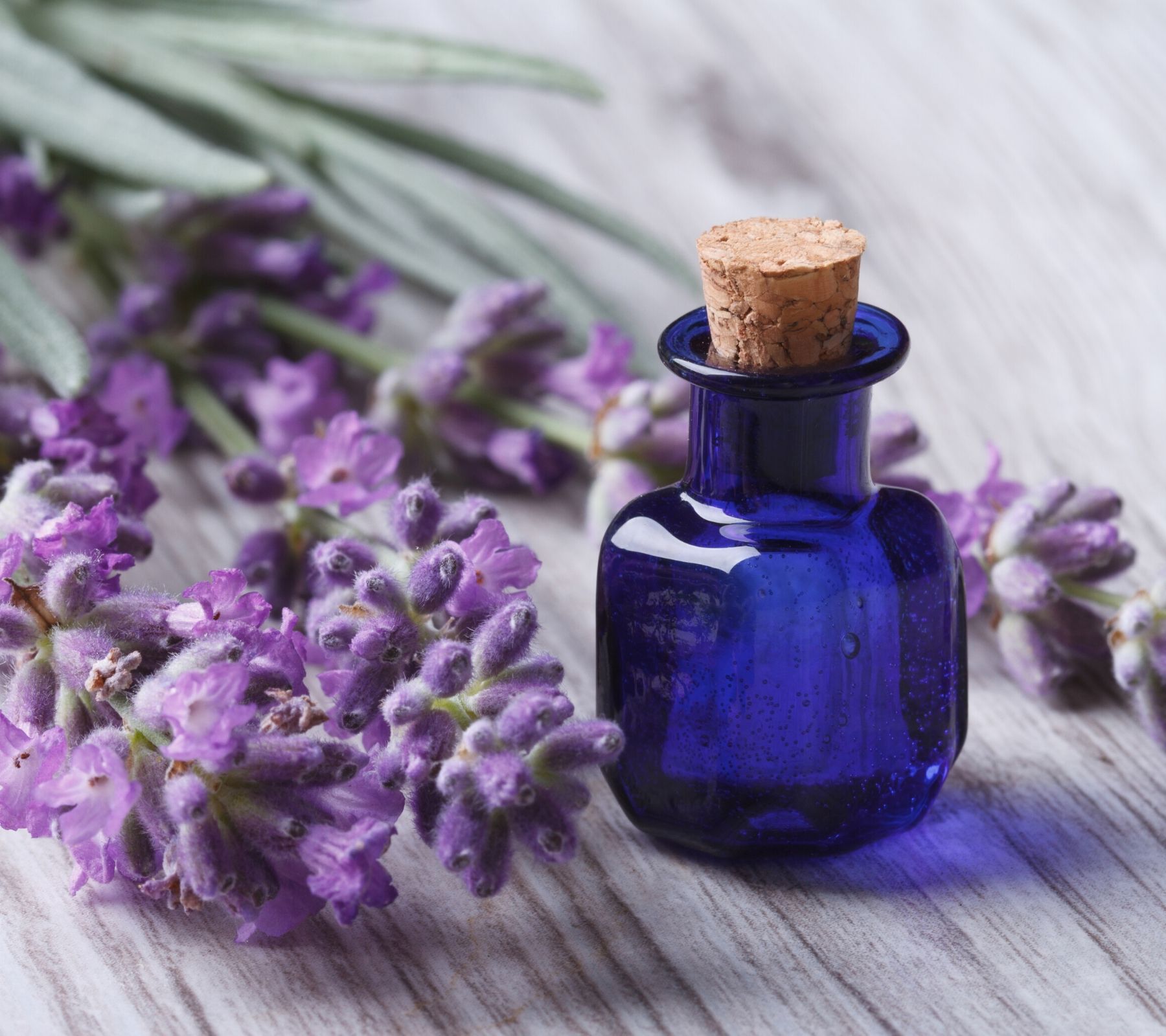
Other benefits of essential oils are the claim that they can help treat migraines as well as reduce inflammation. A 2012 study found that inhalation of lavender essential oil may be an effective and safe treatment in acute management of migraine headaches. In another 2008 study, data suggests that rosemary essential oil possesses anti-inflammatory properties.
Insomnia is something that many of us deal with on a nightly basis. It can wreak havoc on your health if not resolved. According to a 2014 study, findings suggested a positive effect of essential oils on sleep and no adverse events were reported.
Mental health is a huge issue and can affect daily living, relationships, and physical health. Taking care of our mental health is often overlooked by many but should really be at the forefront of our health concerns. Fortunately, essential oils have the ability to help support our mental health as well. In a 2017 study, found that exposure to the aroma of bergamot essential oil for a small period of time improved participants’ positive feelings in the waiting room of a mental health treatment center.
These studies just touch on the surface of the health benefits essential oils have to offer. Because there are not a ton of studies that have been conducted surrounding essential oils, it is hard to convince people of these many benefits. I have always believed that you need to be your own advocate when it comes to what you believe it and what works for you.
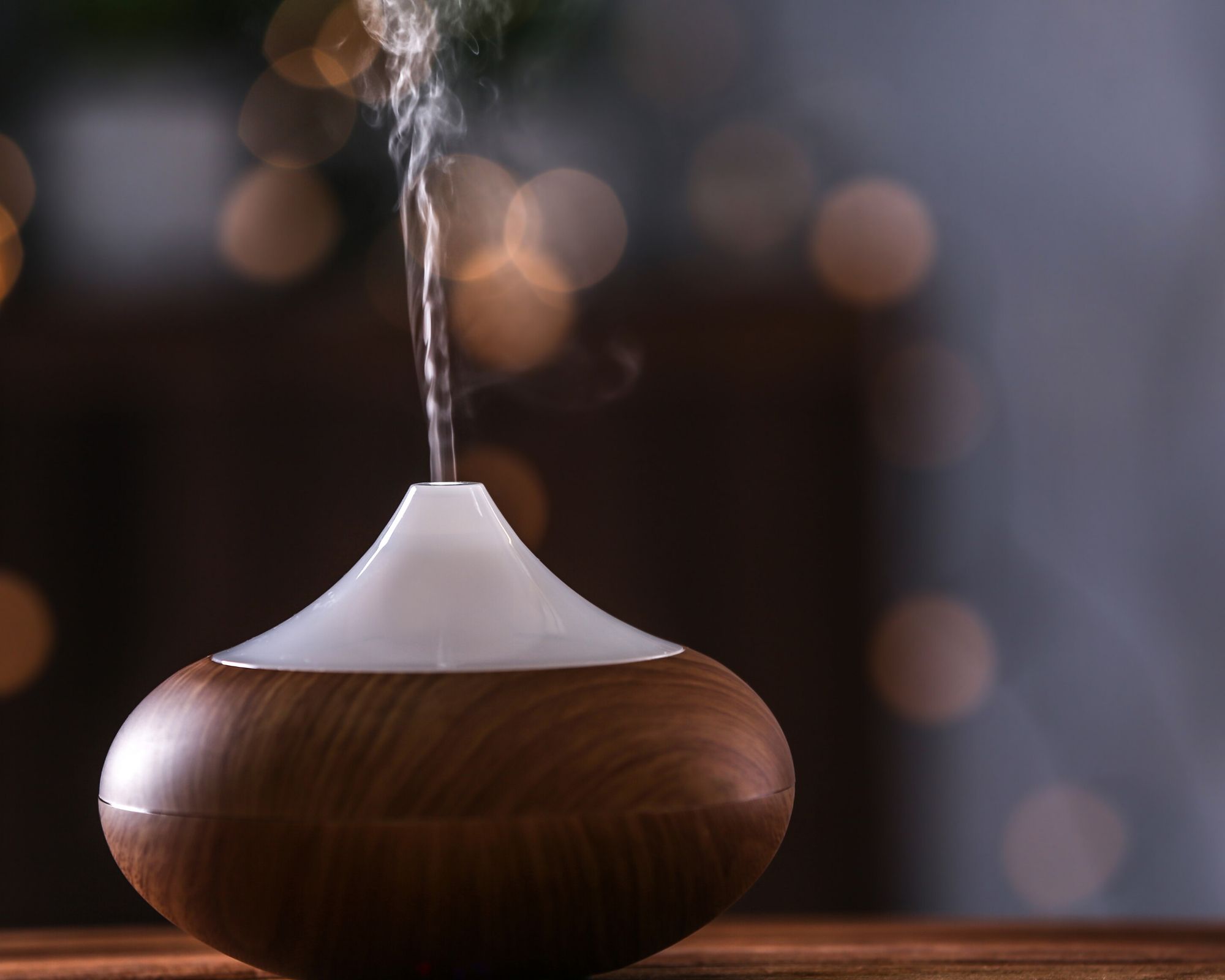
Other essential oil uses
Other ways people like to use essential oils is for cleaning. They will make their own cleaning products and bottle them up. Citrus oils such as orange, lemon, and grapefruit are popular “cleaning oils” and get the job done. They are also 100% natural and safe to breath in as opposed to using chemicals like Clorox, bleach or detergents. Plus they are cheaper!
Popular Essential Oils
There are hundreds of essential oils out there however the most popular essential oils are:
- Sandalwood: can be used to calm down our nerves and help improve focus
- Bergamot: can reduce stress and improve the condition of our skin
- Ylang-Ylang: can help with headaches and even nausea
- Tea Tree: can be used to help fight infections and boost our immunity
- Peppermint: can be used to boost our energy and help our digestion
- Lavender: is most often used to relieve stress and anxiety
- Jasmine: can be used to help us cope with depression, childbirth, and even improve libido
- Lemon: can aid in digestion and improve our mood
- Rose: is also used to improve our mood and reduce anxiety
- Chamomile: can be used to improve mood and increase relaxation
Check out my list of the most popular essential oils and their potential benefits.
Essential Oil Products
There are SO many products that can be used to help you practice aromatherapy. Here are some of my favorites.
- Diffusers– There are many different kinds of diffusers.
- Check out my favorites out here!
- Roll-ons– These are already diluted and roll on like a perfume. Here are the ones I recommend.
- Accessories– Necklaces, bracelets and
- Carrier Oils– It is important to choose carrier oils like coconut or almond oil to help dilute your essential oils and allow you to apply them easier and to a broader area on your body.
- Bottles– Having small glass dropper bottles are a great way to make your own essential oil blends.
- Storage Cases– Storage cases are a MUST! They’re ideal for traveling and keeping your oils safe!
- Essential Oil Supplies– Here you can find my Amazon store that has everything you need for your oil use!
Read more about WHERE you should be purchasing your oils.
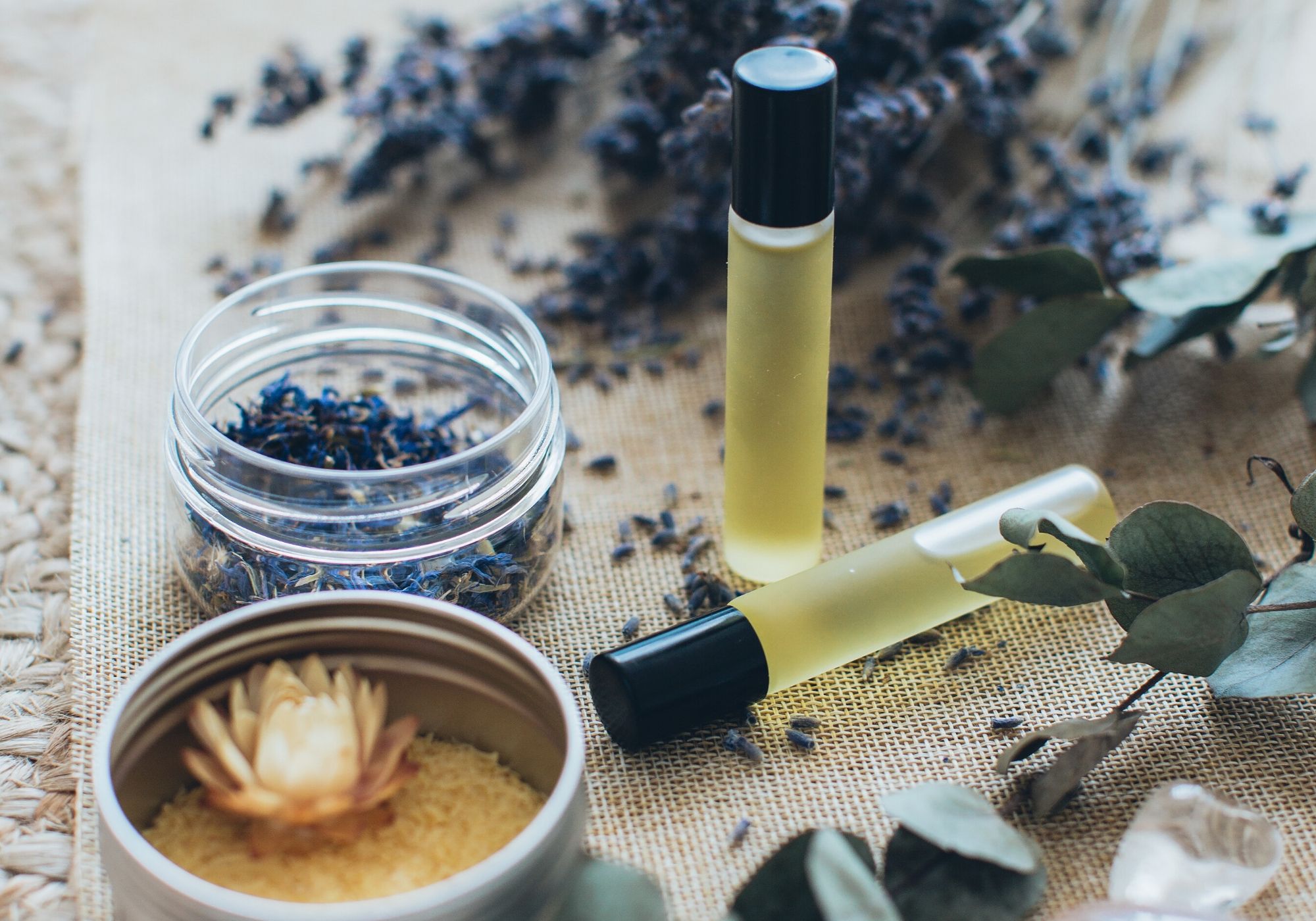
Essential Oil Safety and Side Effects
When dealing with any chemicals, there is always side effects. I am a firm believer in moderation. Do you know that if you have too much cruciferous vegetables can be bad for you? Yes, vegetables!! According to Healthline, these veggies contain thiocyanates, which can block iodine absorption. People with thyroid problems should not eat very large amounts of these veggies.So my point is, too much of anything is never good.
When it comes to safely using essential oils, only using 1-5 drops is usually recommended. They are so potent that that’s all you need. More is not better.
Make sure to Consult a professional
It is always recommended to consult a trainer herbalist or a professional like a certified aromatherapist or a holistic doctor before trying any new oils. They will be able to inform you on the safest way to start using oils and determine what oils will work best for you and your specific health concerns.
Takeaway About Essential Oils
There’s still a ton of research that needs to be conducted to prove how powerful essential oils can be. However, I don’t want you to be afraid of using them. They do not need to be complicated and are completely safe when used the right way.
Using essential oils is a form alternative medicine that has been around for years. Fortunately we have access to more tools and information now more than ever that help to make the practice much more convenient and safe.
I know from personal use that essential oils have helped me greatly in my life as a teacher, wife and parent of two crazy boys. If you are interested in trying some essential oils for yourself and have some questions you’d like to ask, please feel free to reach out!
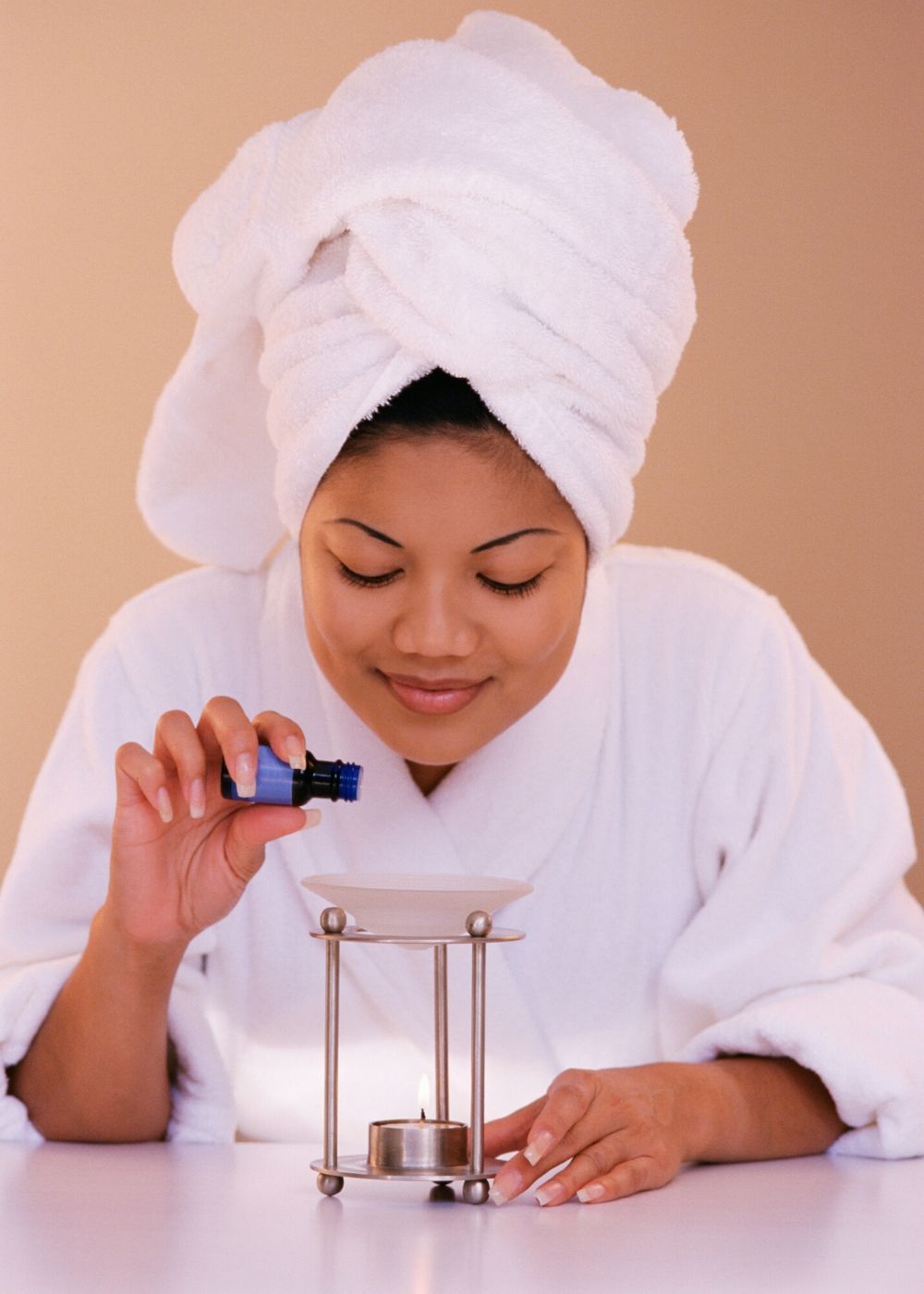
Recent Posts:
Methods For Using Essential Oils
The Most Commonly Used Essential Oils
References
https://www.webmd.com/balance/stress-management/features/10-fixable-stress-related-health-problems#1
https://pubmed.ncbi.nlm.nih.gov/24156356/
https://www.ncbi.nlm.nih.gov/pmc/articles/PMC6943609/
https://pubmed.ncbi.nlm.nih.gov/28438819/
https://pubmed.ncbi.nlm.nih.gov/24720812/
